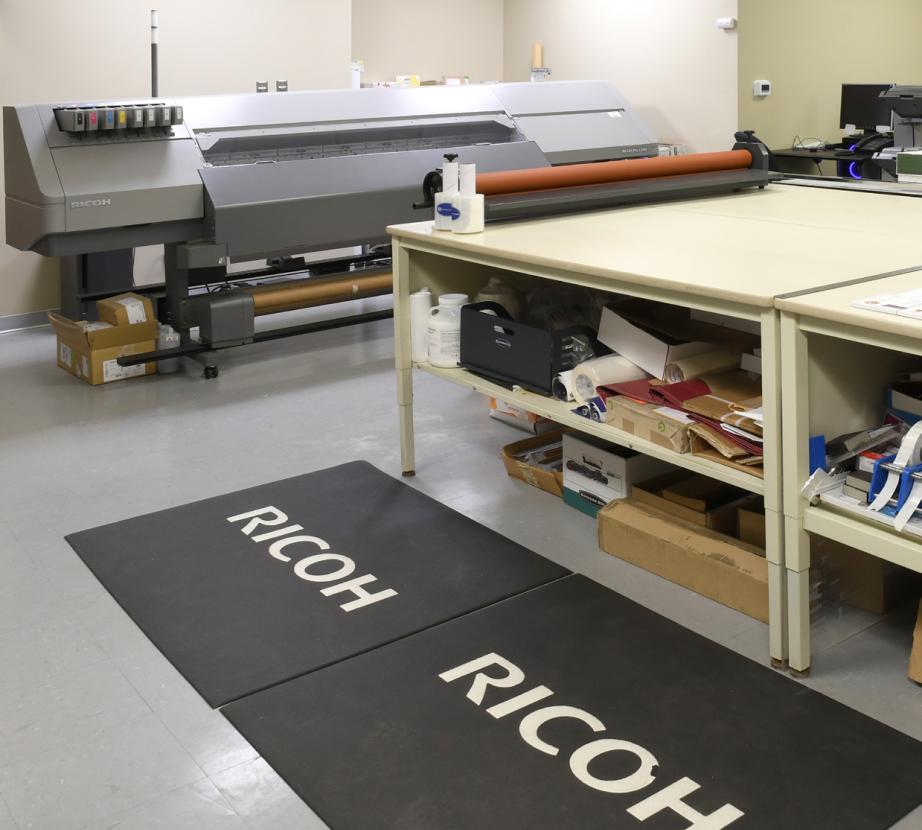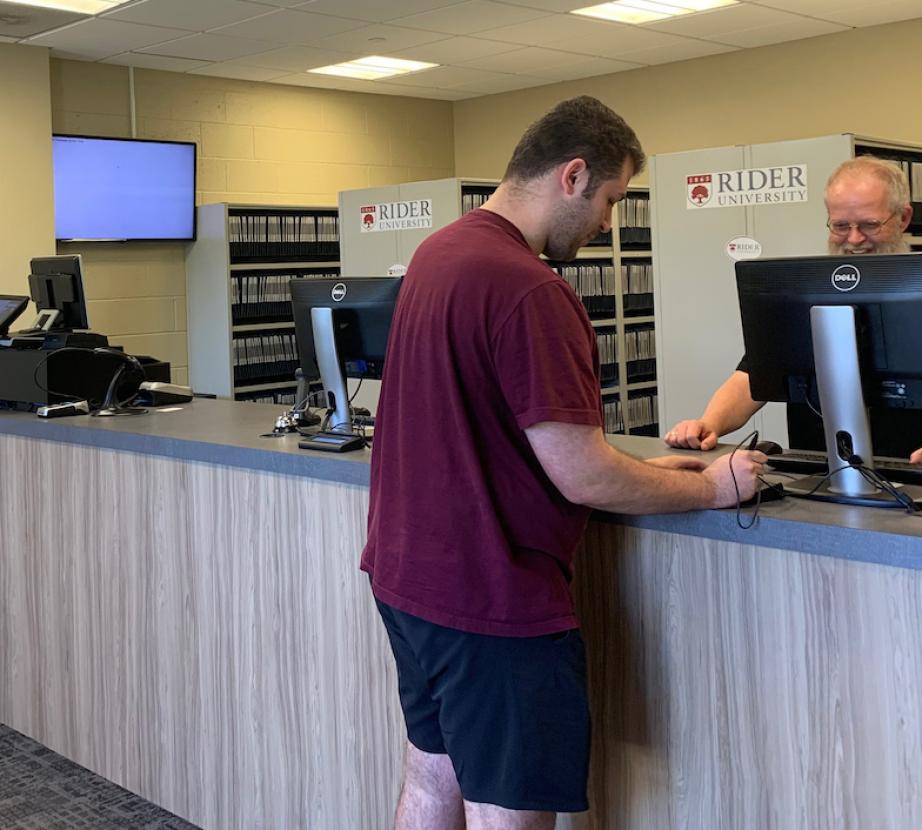About Us
The office of Auxiliary Services & Programs delivers practical and creative solutions through a wide range of services to the Rider community from dining to mail services.
Our efficient and knowledgeable staff extend these services to the wider local community to provide state-of-the-art rental facilities at affordable rates.
What We Do
- Dining Services
- Vending
- Bart Leudeke Center Information Desk
- The Pub
- University Bookstore
- Student Recreation Center (SRC)
- Schimek Family Fitness Center (located in the SRC)
- Conference Services
- Scheduling Office
- Campus Event Planning
- Event Ops/Meeting Space
- Rider Resource Pantry
- Transportation
- Safe Rides
- Mail Services
- Print Services
- English Language Institute
- MCCC Residential Program




